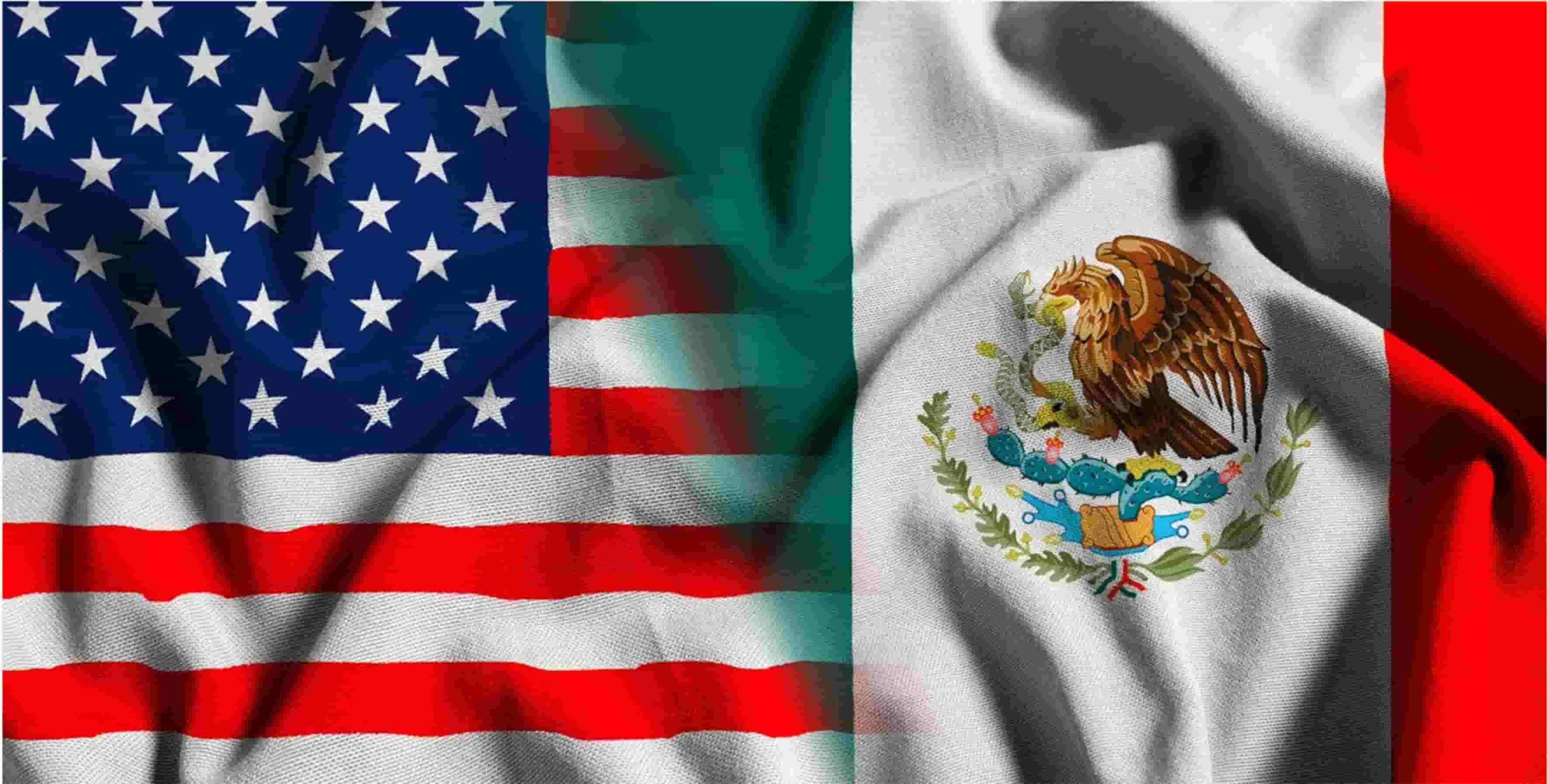What will 2023 Bicentennial Understanding actions be?
Information about the meeting one year after the Bicentennial Understanding was signed to stop the trafficking of arms, drugs, and people, as well as what will be done in 2023.

The Secretary of Foreign Affairs (SRE), Marcelo Ebrard, released details of the meeting one year after the signing of the Bicentennial Understanding to curb arms, drugs, and human trafficking and the actions to be taken in 2023.
Ebrard indicated that he met with diplomats from the United States, headed by Antony Blinken, and also informed about the progress of the Bicentennial Understanding, as well as the actions to be undertaken jointly for the following year.




